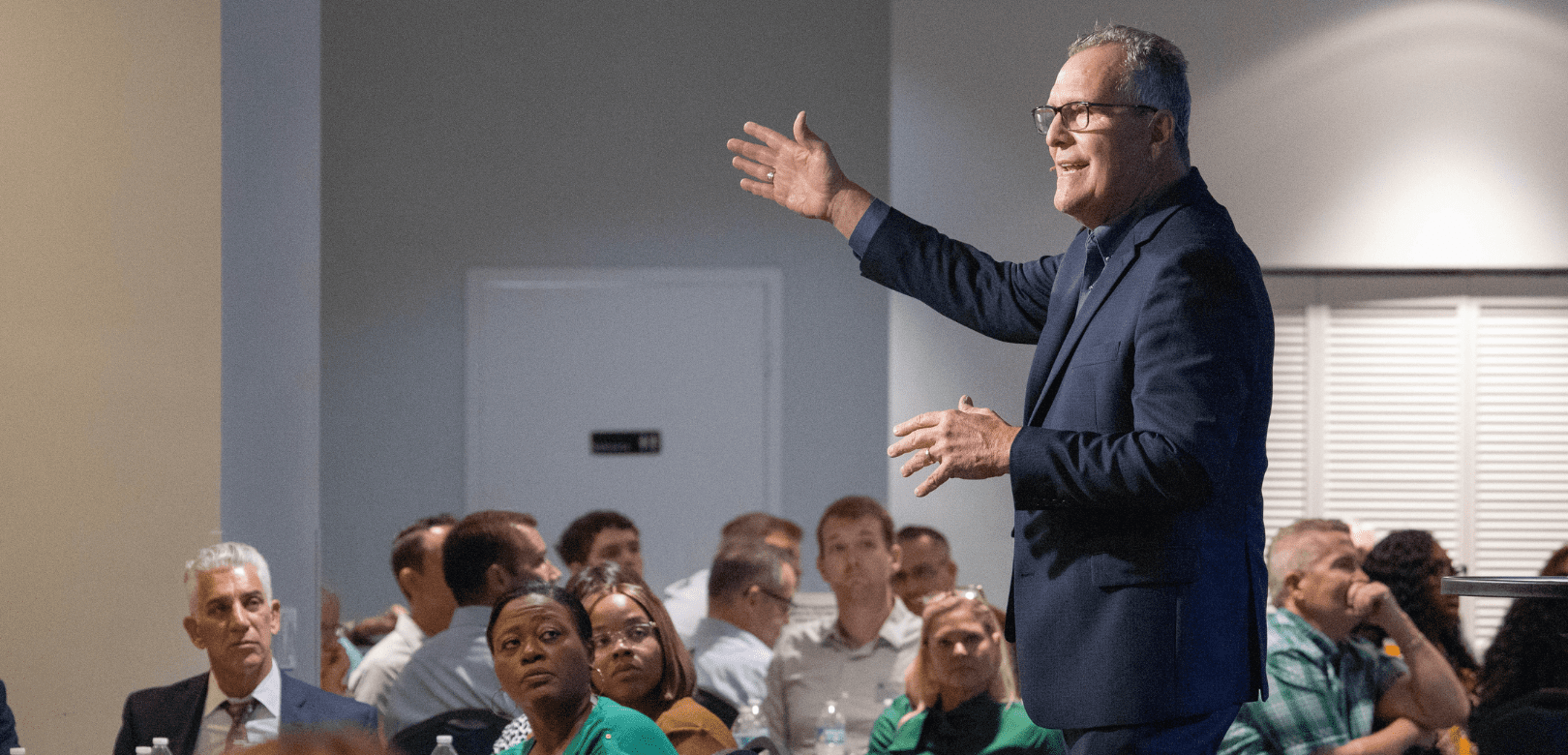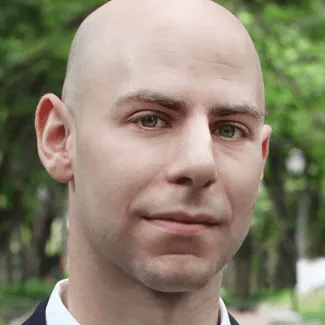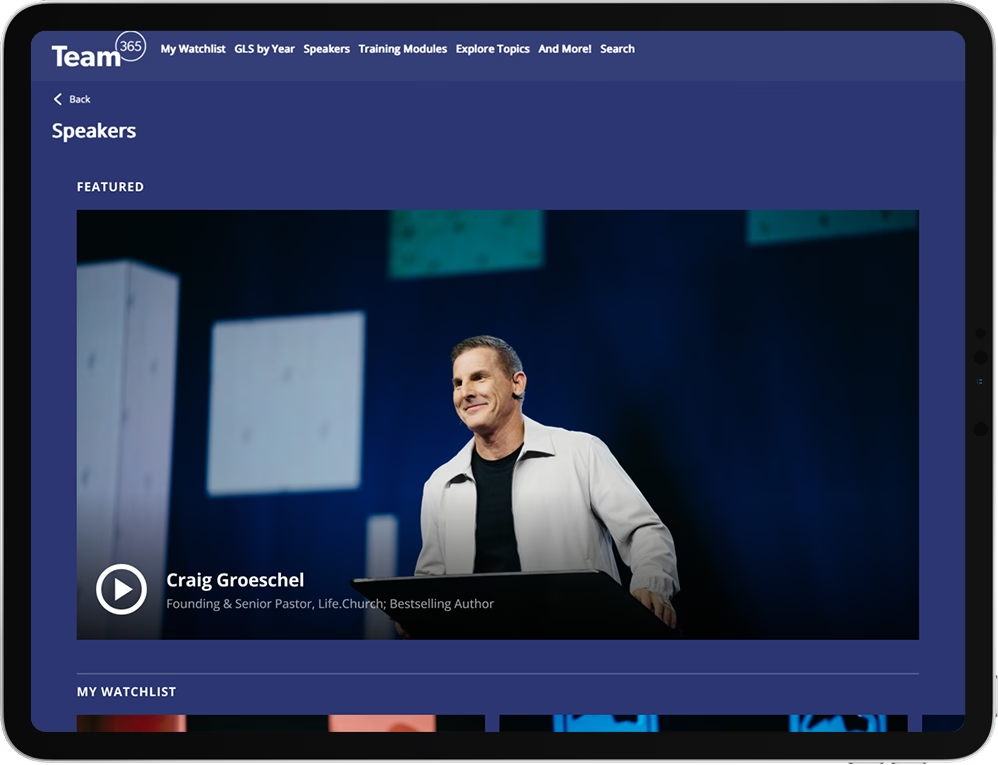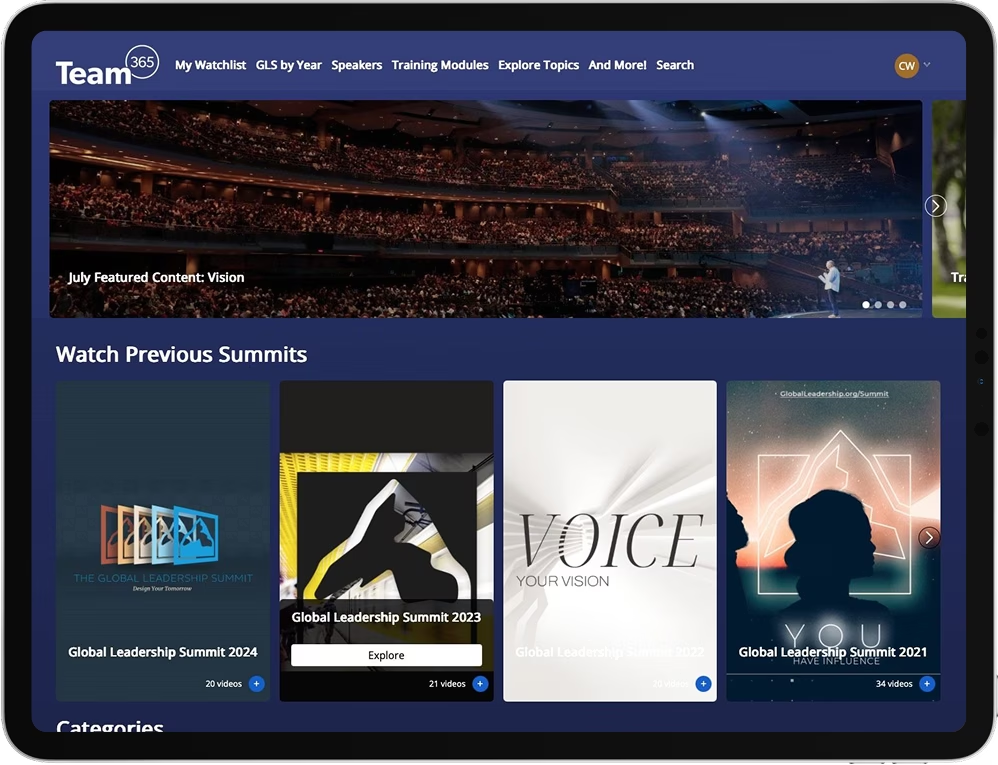In a recent New York Times article, Adam Grant (TGLS 2015) analyses recent research showing that Americans are no longer finding their most meaningful relationships in the workplace. Over the past twenty years, workplace interactions have become increasingly transactional and focused on productivity. Have you noticed this trend? What do you think are the causes?
Once, work was a major source of friendships. We took our families to company picnics and invited our colleagues over for dinner. Now, work is a more transactional place. We go to the office to be efficient, not to form bonds. We have plenty of productive conversations but fewer meaningful relationships.
In 1985, about half of Americans said they had a close friend at work; by 2004, this was true for only 30 percent. And in nationally representative surveys of American high school seniors, the proportion who said it was very important to find a job where they could make friends, dropped from 54 percent in 1976, to 48 percent in 1991, to 41 percent in 2006.
We may start companies with our friends, but we don’t become friends with our co-workers. “We are not only ‘bowling alone,’ ” Jeffrey Pfeffer, a professor at Stanford, observes, “we are increasingly ‘working alone.’ ”
Focusing our friendship efforts outside work isn’t the norm around the world. In surveys across three countries, Americans reported inviting 32 percent of their closest colleagues to their homes, compared with 66 percent in Poland and 71 percent in India. Americans have gone on vacation with six percent of their closest co-workers, versus 25 percent in Poland and 45 percent in India.
It’s not that Americans are less concerned with relationships overall. We’re social creatures outside work, yet the office interaction norm tends to be polite but impersonal. Some people think pleasantries have no place in professional meetings.
To continue reading this article, click here.
Related

Meet David Ashcraft, Global Leadership Network CEO: A Passion for Leaders

How One Church Is Reshaping the Story of Its Town

Why You Should Trade Your Leadership Pipeline Mentality for a Leadership Culture
.jpg)
Leading the Spark: 5 Books on the Intersection of Creativity and Leadership

“Thank You for Seeing Us as People”: Leadership and Hope Inside Graham Correctional Center

The Tech CEO who sold his home to live with the formerly homeless
Leadership That Lasts
Team365 isn’t just a platform. It’s a commitment to grow, lead and live with purpose — every single day. Whether you’re here for content, community or clarity, you’re in the right place. Your leadership matters. Let’s keep going.





